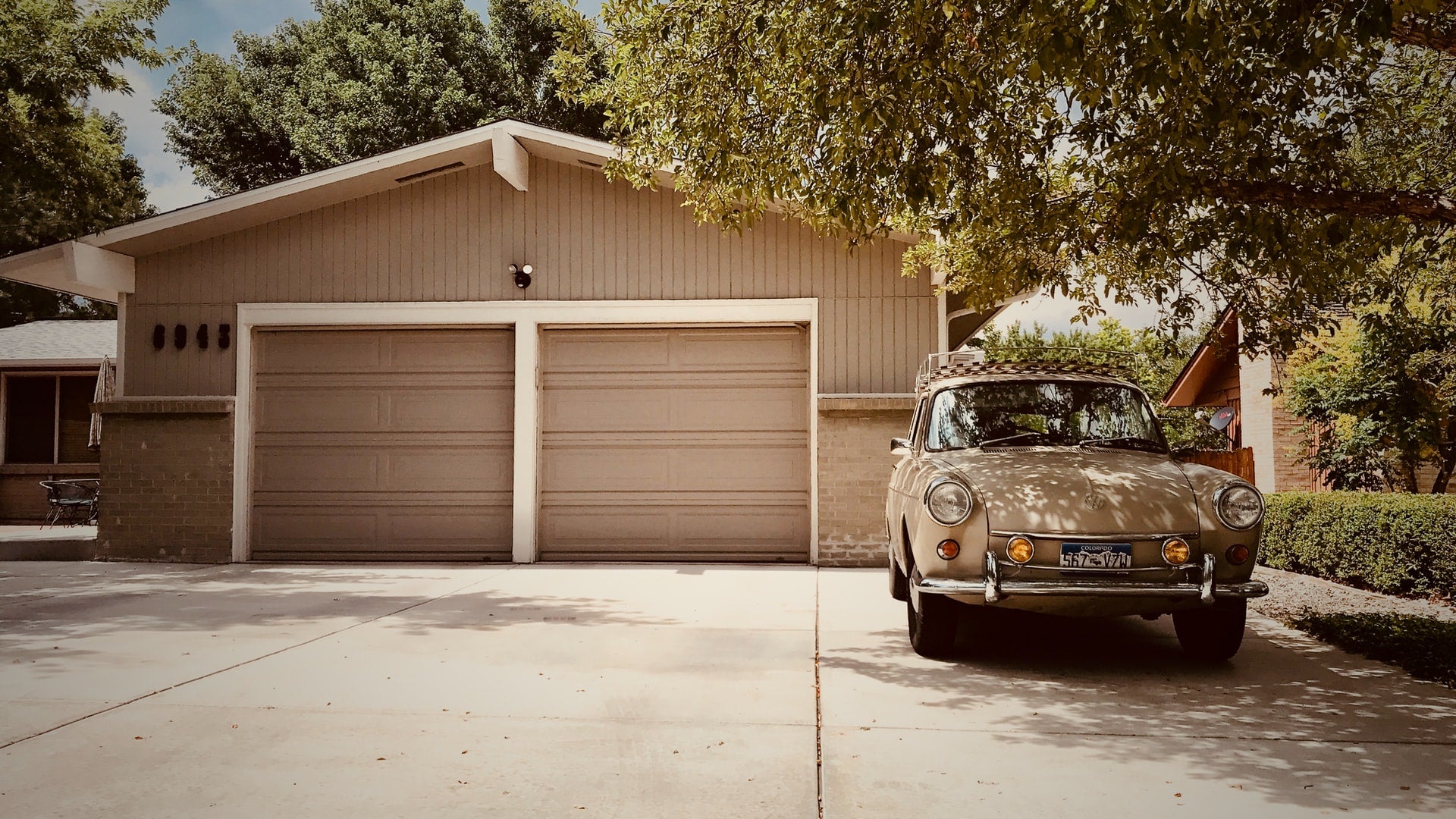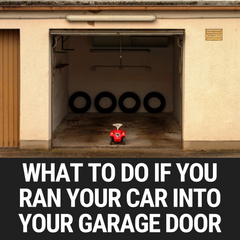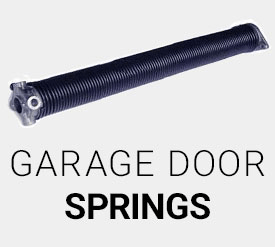What can you tell about your garage door? That it opens, closes, and looks nice. Believe it or not, that definition perfectly sums garage doors up for many people. That is until something breaks. Then, suddenly, garage doors turn out as pretty complex mechanisms that involve things like garage springs or tiny details like, indeed, garage door hinges. And it's the latter we want to focus on in the following guide.
Although they may seem inconspicuous, garage door hinges play a massive role in the entire garage door mechanism. These are the parts that connect various sections of a garage door, allowing sectional garage doors to move around quickly. If you start to notice your garage door start to malfunction, broken hinges might be the very probable cause for that. With this in mind, we've prepared the guide to garage door hinges, their various types, and correct maintenance.
Commercial and Residential Garage Door Hinges: Key Differences
Garage door hinges differentiate between residential and commercial hinges. As the name suggests, residential garage doors are doors we use at homes. On the other hand, commercial garage doors are used by businesses. The differences between the two are easy to spot, with commercial garage doors being larger and therefore more reinforced.
Of course, this heavily impacts the garage door hinge types used depending on the residential or commercial garage door. That being said, whether you're dealing with commercial or residential garage doors, you'll need to consider the correct type of garage door hinge. This includes choosing the right hinge number and gauge.
Hinge Numbers
Each garage door hinge has a number stamped on its leaf. These numbers refer to the joints you may use the hinges on. The numbers for residential hinges will range from #1 to #5, whereas for commercial door hinges, the numbers will lay between #6 and #11.
In essence, these numbers tell you where to place your hinges. For instance, #1 residential hinges should be placed between the first and second joints, #2 between second and thirds, and so on. The pattern is the same for commercial garage doors, with #6 replacing #1.
Gauge
Simply put, gauge refers to the garage door hinge's thickness. The lower the rating, the thicker the hinge. Typically, garage door hinges come in two gauge sizes and widths - 11 and 14, with some doors utilizing 18-gauge hinges as well.
Since commercial garage doors are heavier duty, they require thicker hinges. This is why most commercial garage doors utilize 11-gauge wide-bodied hinges. Residential garage doors are smaller and less loaded, meaning they require thinner hinges. Typically, you'll find 14-gauge hinges used in home garage doors, although some people also use 16-gauge and 18-gauge hinges.
Keep in mind that the best choice here is opting for thicker hinges. Thinner may cost less but are much less durable and tend to wear out quickly, especially if you use your garage door frequently.
How to Take Care of Your Garage Door Hinges?
Like with any other part of your garage door's mechanism, you should take proper care of your door hinges. This way, you'll be able to maintain them in suitable condition for longer, ensuring you won't have to spend a fortune on frequent repairs. Additionally, well-maintained hinges will keep your garage door moving more smoothly.
Here's what to do to take care of your garage door hinges:
-
Keep the hinges clean. Clean and remove debris from the hinges to prevent them from rusting. This will also decrease the stress your entire garage door system experiences, keeping it from breaking down.
-
Lubricate them once in a while. Use some WD-40 to lubricate your hinges and keep them in the best condition possible.
-
Ensure you open your garage door properly. Don't yank or dangle your garage door unevenly. Stressing one side of your door more than the other might damage the hinges, so don't force your door to open if it's jammed. Instead, try to fix the issue first.
As you can see, it doesn't take much effort to keep your garage door hinges working. The most important thing here, though, is that you should notify professionals as soon as you notice your garage door malfunctioning. Remember, it's always better to deal with a minor repair rather than a more extensive one.
That being said, don't neglect your garage door. Keeping all the gears in the system in the proper condition will spare you a lot of trouble and, more importantly, money.
What Is the Average Lifespan of Garage Door Hinges?
Even if you take extensive care of your garage door hinges, the time will finally come for you to replace them. Fortunately, this shouldn't happen too soon, with most hinges having an average lifespan of 10 to 15 years (provided you maintain them right).
It's important to note here that higher gauge doors tend to last longer than thin gauge ones. The lifespan will also depend on how frequently you use your door and what brand of hinges you have installed. Contact a professional to get a more detailed estimate regarding your door hinges and whether you should consider replacing them.

In Conclusion
Garage door hinges play a vital role in the entire garage door system. They allow sectional garage doors to open and close smoothly so that you can use them without any inconvenience. Hinges come in various types and sizes that apply to either commercial or residential garage doors, with commercial hinges being thicker and more durable than residential ones.
No matter the hinge type, though, the proper maintenance is vital for improving their work and lifespan. Keeping your hinges in the best condition possible will save you tons of money on repairs and spare you a lot of trouble overall. Knowing the hinge types is the first step to ensuring your door work properly, so we hope you now have a better understanding of that matter. And if you have any other questions regarding garage doors, feel free to contact us. Our Garage Door Nation team will be more than happy to help you with any issue.
 (866) 963-3157
(866) 963-3157







